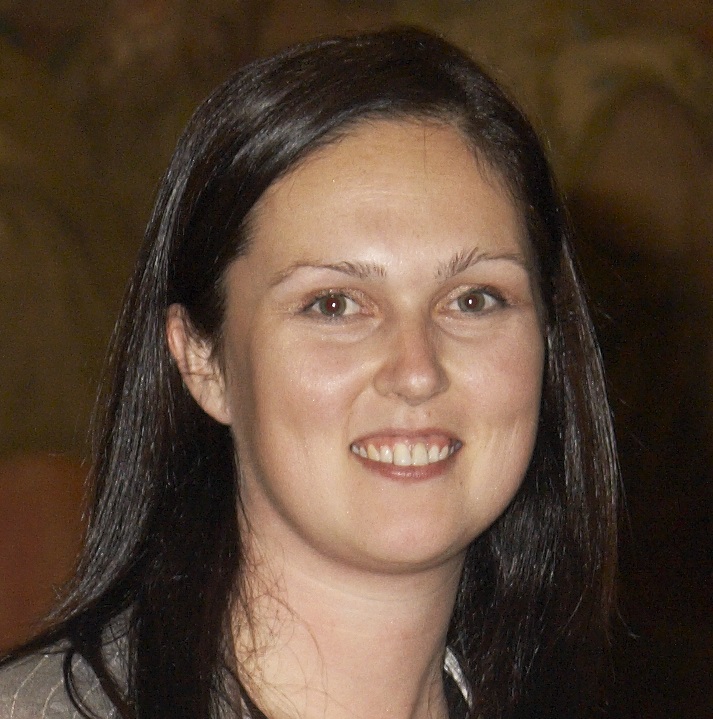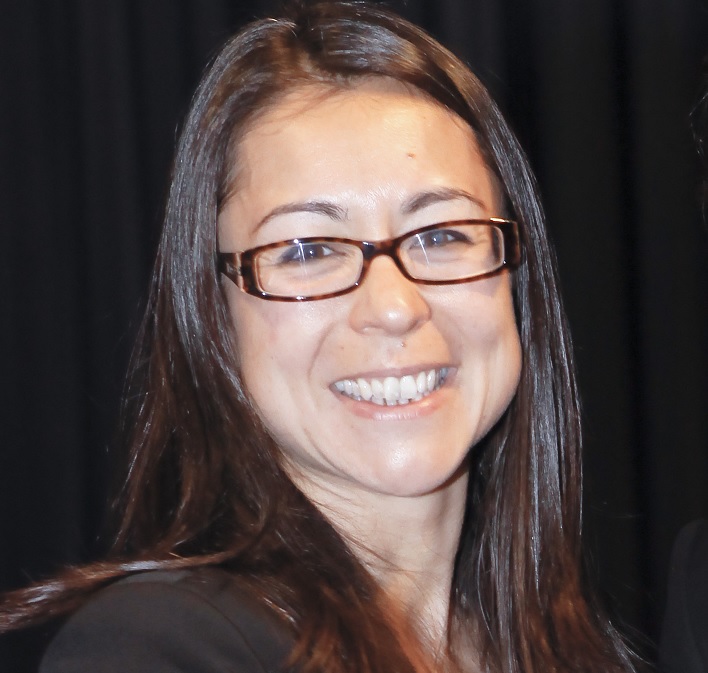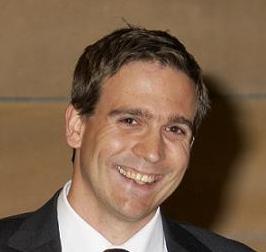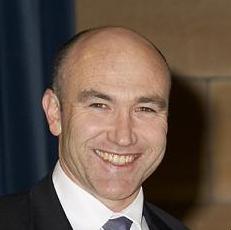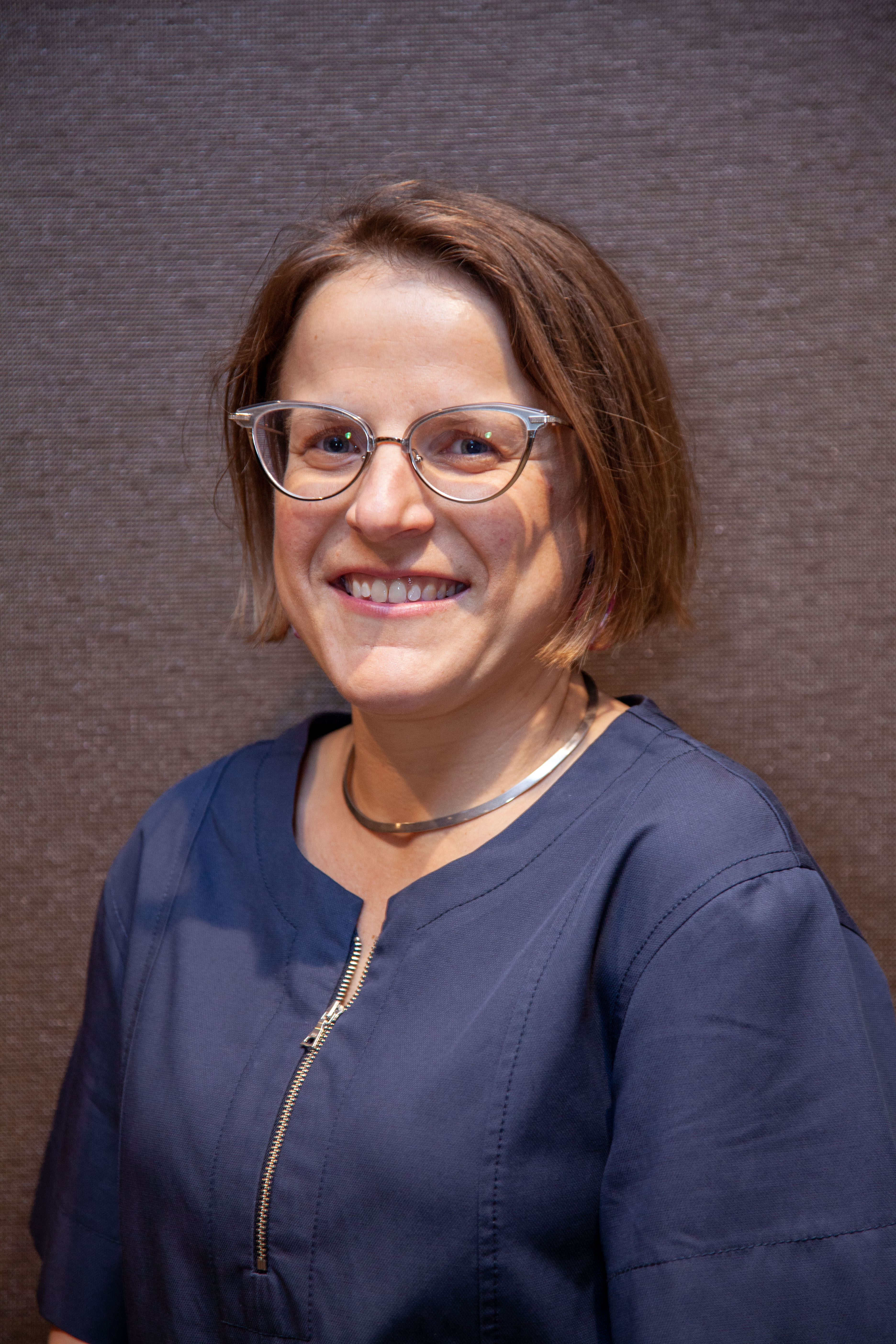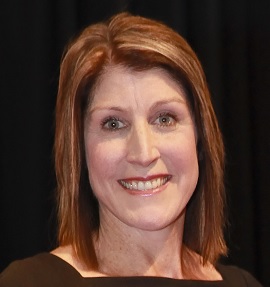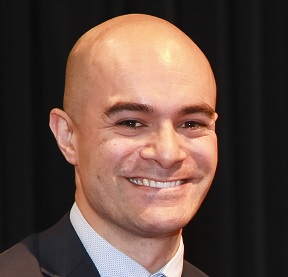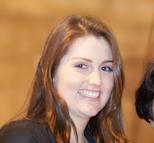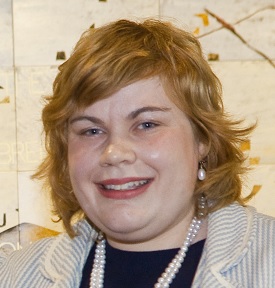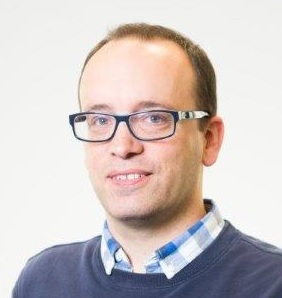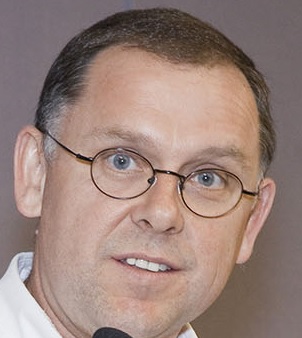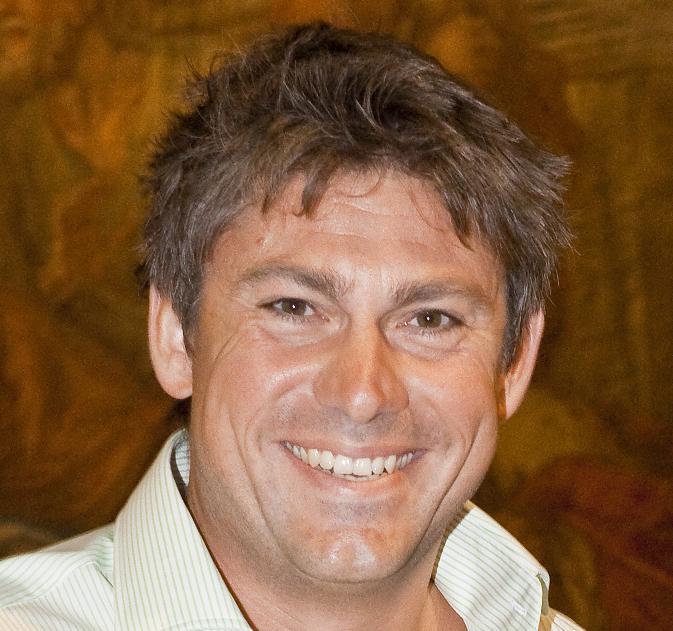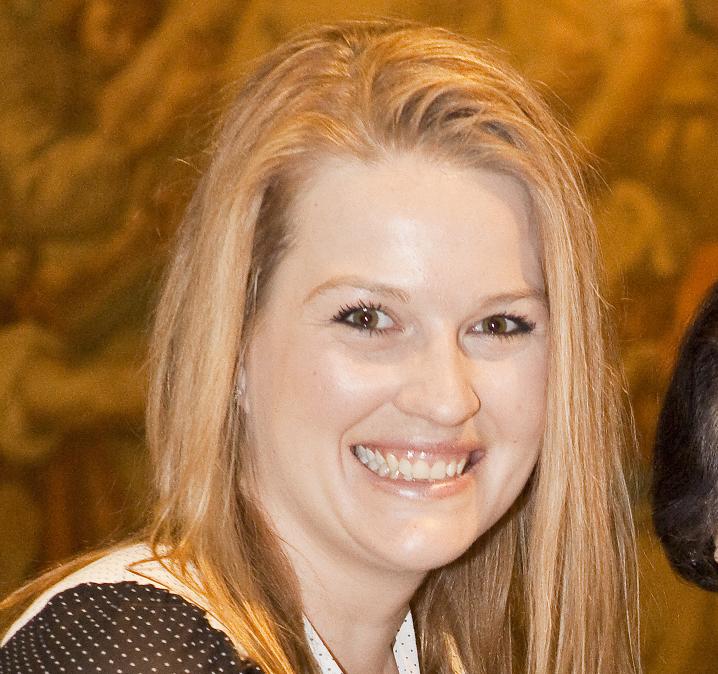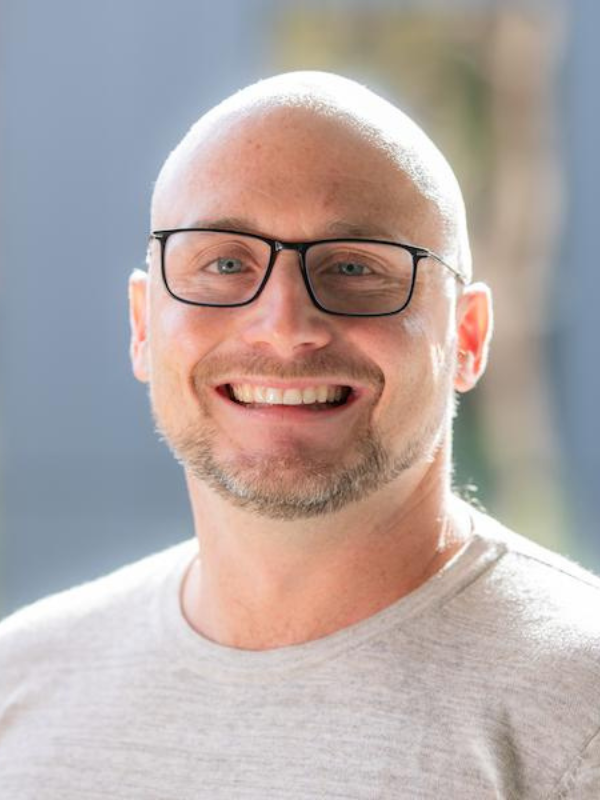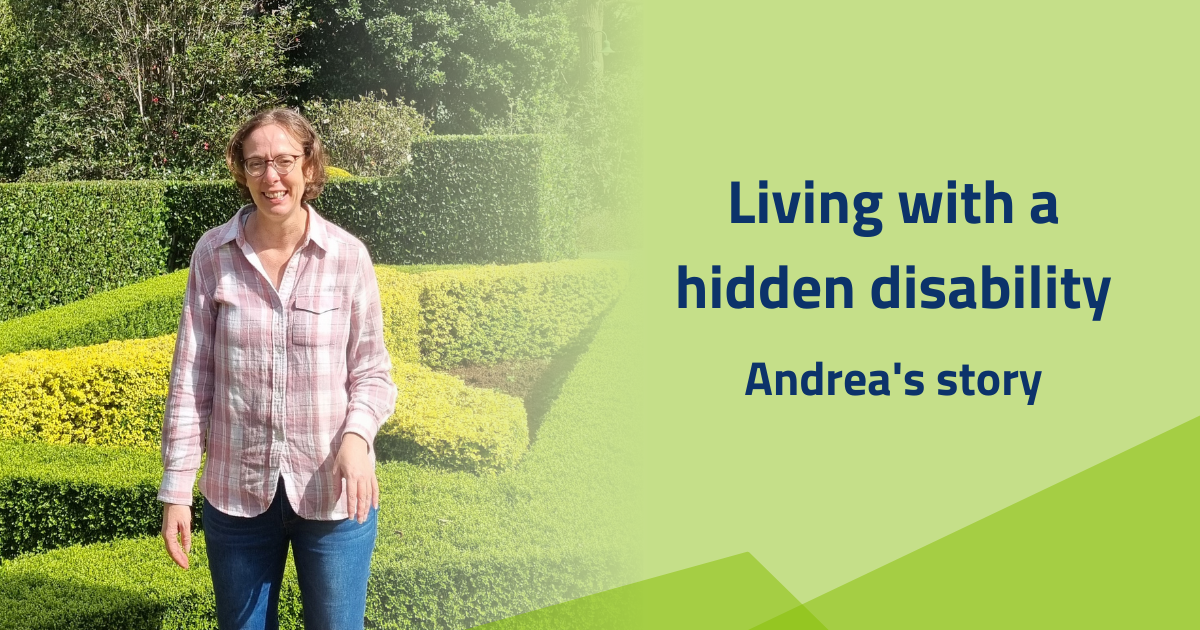
Search
14 Jan Friedreich Ataxia Award
PROJECT SUMMARY: Friedreich’s Ataxia (FA) is an inherited disorder that results in progressive degeneration of the nervous system and heart. The onset of symptoms of this debilitating condition occur in...06 Feb ARDOC: Australian Register of Disorders of Consciousness
Disorders of Consciousness include Coma, Vegetative State (VS), Minimally Conscious State (MCS) and Locked-in Syndrome (LiS). Many of these damaged patients are unable to communicate yet are fully aware of...20 Jan Neurodegenerative Diseases
...how to treat Alzheimer’s disease is that the brain of animal models is a particularly poor substitute for the complexity of the human brain. Recently, with the advent of stem...25 Jan Motor Neurone Disease Award
...changes are most likely to occur in MND. Second, the underlying brain changes associated with the behavioural disturbances are identified via brain imaging techniques to help clinicians identifying patients that...25 Jan Epilepsy Award
...bridged because there is a pressing need for better, non-invasive ways of locating the source of the seizure in the brain of the sufferer. Our pilot study will examine the...11 Feb Stroke Award
...Hospital, Brain and Mental Health Priority Research Centre, University of Newcastle (A/Prof Greg Carter). The 2008 Brain Foundation Grant will be invaluable in supporting the costs of running this study....16 Oct Alzheimer’s and Other Neuro Degenerative Diseases
...molecular changes we see in these brains may not represent the initial stresses that caused AD. To identify these causative factors, we must examine young, pre-disease brains. To do this...19 Oct Neuro-trauma Award
PROJECT SUMMARY: Traumatic brain injury (TBI) causes more deaths in Australians under 45 years of age than any other cause, with survivors often left with serious neurologic deficits. The World...19 Oct Chronic Headache & Migraine Award
...by high pressure of the fluid that surrounds the brain. Current therapies are aimed at addressing this either with medication or surgery. In recent years the role of the veins...19 Jan Stroke Award
...the growing evidence for conventional post-stroke therapies, it is likely that Wii-based Movement Therapy similarly promotes recovery through brain ‘reorganisation’. In this study we will quantify brain reorganisation and identify...31 Oct Alzheimer’s and Other Neuro Degenerative Diseases
...changes, such as cholesterol and insulin levels and eating behavior which could modify the progression of several neurodegenerative diseases. My research uses brain imaging, pathology, and novel techniques from obesity...31 Oct Cerebral Diseases
...attention to the space opposite of their brain lesion and severe forms of neglect lead to numerous debilitating behaviours. For example, patients with right brain damage may collide with obstacles...08 Nov Dawn Wallace Fellowship
...motor neurons (nerve cells in the motor cortex of the brain) and lower motor neurons (nerve cells in the spinal cord) of several body regions. Diagnosis of ALS is delayed...29 May Elizabeth Penfold Simpson Prize
...contact the Brain Foundation by phone on 1300 886 660 or email our Grants Program Manager, Anniek Grundy, at anniek@brainfoundation.org.au to be sure that your application has been received. ...20 Jan Cerebral Diseases
...developments in brain stimulation paired with neuroimaging technology, to address the neural underpinnings of improved language functions in post-stroke aphasia induced by tDCS. This will be accomplished in a placebo...11 Dec Multiple System Atrophy
...of people living with Parkinson’s or Atypical Parkinson’s (PSP, MSA and CBS). Phone: 1800 644 189 www.fightparkinsons.org.au/atypical-parkinsons www.fightparkinsons.org.au/i-am/psp-cbs-msa-treatment-professional-support-overview/ National Institute of Neurological Disorders and Stroke – USA www.ninds.nih.gov/health-information/disorders/multiple-system-atrophy Worldwide Education...19 Jan Supranuclear Palsy Award
...method to measure brain dysfunction. With our collaborators in Rome, we conducted a pilot study which showed abnormalities in PSP could be measured using TMS. Importantly we made discoveries that...09 Sep Neurodegenerative Diseases
PROJECT SUMMARY: Frontotemporal dementia (FTD) is a devastating disease affecting primarily the frontal and temporal part of the brain. It is the second most common form of dementia in people...21 May Membership
Become a Member of the Brain Foundation We encourage everyone to become members of the Brain Foundation. Please support us to do more for clinical neuroscientific research. Annual membership is...11 Dec Privacy
The Brain Foundation collects personal information – such as names, addresses and telephone numbers – that is necessary for its activities including: Establishing your membership status; Administering and managing membership...11 Dec Dementia (Non-Alzheimer type)
...Information National Institute of Neurological Disorders and Stroke(USA) ninds.nih.gov/Disorders/All-Disorders/Multi-Infarct-Dementia-Information-Page ninds.nih.gov/Disorders/All-Disorders/Dementia-Lewy-Bodies-Information-Page ninds.nih.gov/Disorders/All-Disorders/Dementia-Information-Page Better Health Channel (Topics) betterhealth.vic.gov.au Mental Health Association NSW wayahead.org.au Support Carers Australia carersaustralia.com.au Dementia Australia dementia.org.au Free...11 Dec Creutzfeldt-Jakob Disease
Description Creutzfeldt-Jakob Disease (CJD) is a rare neurodegenerative brain disease in humans. CJD is the most common human form of a group of diseases that affects humans and animals known...12 Oct Cerebrovascular incl. Stroke, Aneurysms, AVM
Watch Dr Daniel Beard accept the research grant award and hear a bit about the project. Project Summary: Increasing blood flow through brain bypass vessels could help save the brain...24 Jan Living with an invisible disability
...Brain Foundation: Can you tell us a bit about your story and how you were diagnosed with epilepsy & Chiari malformation? Andrea Nunn: I wasn’t born with epilepsy but developed...
 The Brain Foundation is the largest, independent funder of brain and spinal injury research in Australia. We believe research is the pathway to recovery.
The Brain Foundation is the largest, independent funder of brain and spinal injury research in Australia. We believe research is the pathway to recovery.PLEASE HELP US BY DONATING TO OUR RESEARCH PROGRAM.
